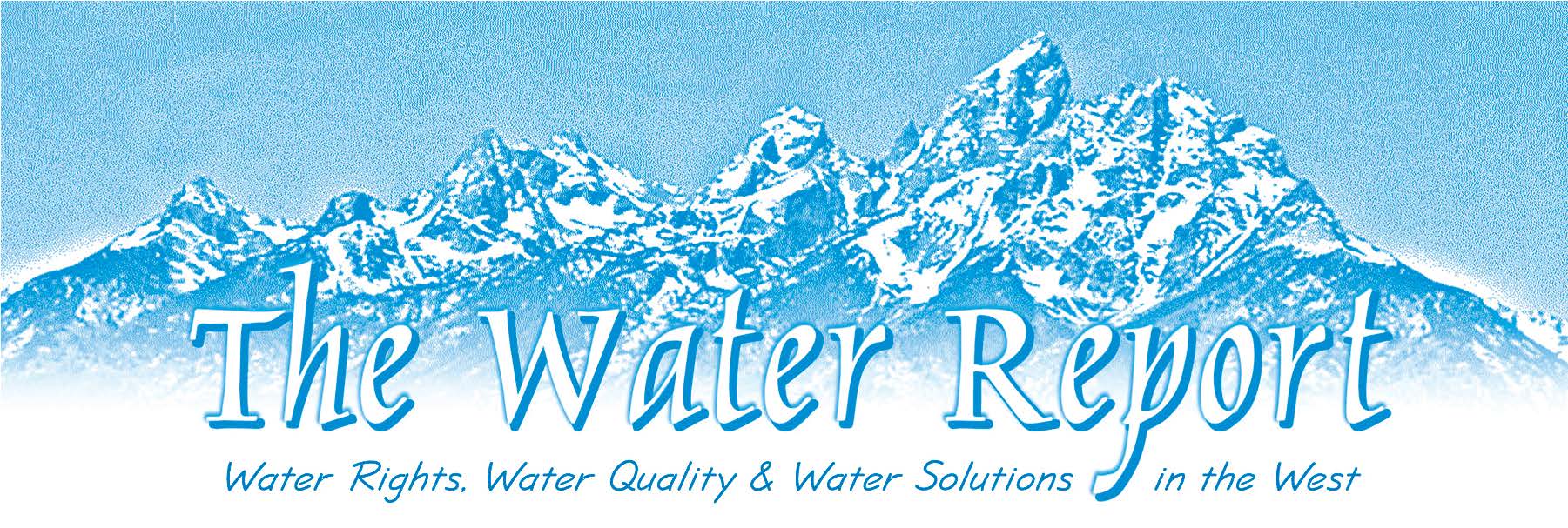Table of Contents
|
September to November 2024 Edition Keynote Address Summary by Katherine Taiclet – Landau Associates The keynote address was given by Catherine O’Neill, Affiliate Professor of Law, University of Washington School of Law (Fall 2024), Visiting Research Professor of Law, Seattle University School of Law (Spring 2024). The theme of this year’s conference on clean water in Washington resonated throughout Catherine O’Neill’s keynote address. Her session theme “Protecting Our Waters in a Post-Sackett World” focused on needing a shift in the locus of authority – and responsibility – for protecting our waters. Professor O’Neill emphasized how the loss of federal protections is problematic and this is Washington’s queue to step up and reface real challenges. In her speech, she touched on the challenges and opportunities of the work ahead to ensure drinkable, fishable, and swimmable waters for all.
Professor O’Neill described the dangers from the release of 6PPD-q, a chemical that prevents automotive tires from degrading quickly, into the environment from us driving on roads. She showed an illustration of the connection between tires, fish, and us: 1. Rain falls on roadways; 2. The wear particles (6PPD-q) mix into runoff. 6PPD-q can end up in freshwater or marine environments harming wildlife such as salmon migrating during storm events are exposed to 6PPD-q. Green infrastructure can help remove toxic chemicals like 6PPD-q from stormwater such as decreasing 6PPD-q exposure and other vehicle related contaminants. Professor O’Neill gave an overview of actions taken to reduce the threat of 6PPD-q to salmon, starting with a petition from the Tribes to EPA-Environmental Protection Agency to examine possibilities that was supported by a letter from the Washington Attorney General’s Office and the Department of Ecology report to the legislature highlighting ways to keep material out of streams. Ecology set new limits for toxic chemicals in water that include 6PPD-q, the first regulation on this contaminate. Professor O’Neill emphasized the need to continue to ask how can we solve this problem equitably. Do we increase funding by charging a per tire fee across roads impacting salmon? Does Washington State develop a modest per tire fee to produce funds? Professor O’Neill rounded out her examples closing with Polybrominated diphenyl ether (PBDE) flame retardant exposure. The Washington State Department of Fish and Wildlife (WDFW) found fish in the Snohomish River had PBDE levels high enough to harm their immune system. The source points to Everett Wastewater Treatment Plants. Tulalip Tribe commented to Ecology on the permit renewal referencing their treaty right to take fish. Emphasis on the cultural value of fish and other species such as the Killer Whale with a 30- to 40-year life span. Ecology draft Everett permit does not set numeric criteria, Ecology points to difficulty in monitoring. Professor O’Neill addressed new additions of PBDE into Snohomish River is a cause for concern. Many of our public waste water treatment facilities will need to adjust cost to respond to PBDE exposure and nutrient pollution. Sewer bills vs income = affordability. A study could be conducted to find equitable and just solutions, such as grant funding to keep bills affordable. Lastly, Professor O’Neill emphasized that in Washington we have work to do Post-Sackett and to restore and make good on treaty bargain with fishing tribes.
|

 Professor O’Neill lead her discussion with water temperature and harvestable fisheries. She addressed Tribal and State University research that identifies pathways to consider that are too often forgone as being costly and disruptive. She emphasized a need to shift our thinking from “no” to “how can we” in a way that is equitable. Science identifies limiting factors such as temperatures, while we have yet to identify the lower dams as goals to look beyond extinction. Senator Patty Murray and Governor Inslee’s shift and mindset in the Lower 22 Replacement Report identified action and funding to fix impediments to salmon survival. The recommendations emphasize that breaching of the Lower Snake River Dams is only feasible after state and federal officials have replaced or mitigated the benefits of the dams.
Professor O’Neill lead her discussion with water temperature and harvestable fisheries. She addressed Tribal and State University research that identifies pathways to consider that are too often forgone as being costly and disruptive. She emphasized a need to shift our thinking from “no” to “how can we” in a way that is equitable. Science identifies limiting factors such as temperatures, while we have yet to identify the lower dams as goals to look beyond extinction. Senator Patty Murray and Governor Inslee’s shift and mindset in the Lower 22 Replacement Report identified action and funding to fix impediments to salmon survival. The recommendations emphasize that breaching of the Lower Snake River Dams is only feasible after state and federal officials have replaced or mitigated the benefits of the dams.

